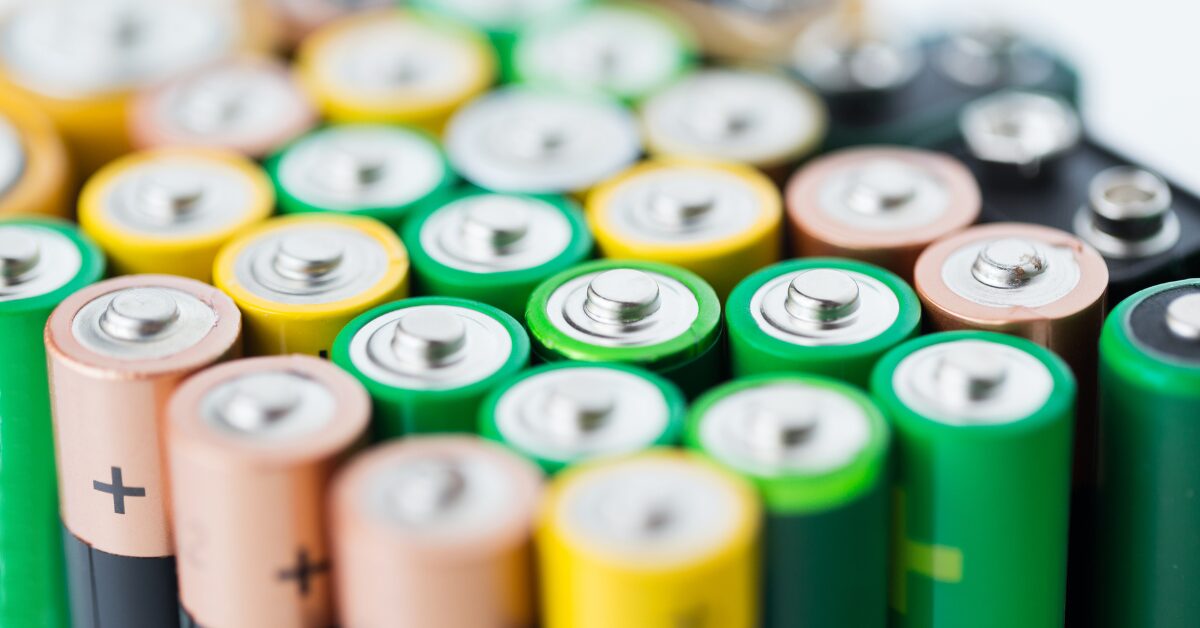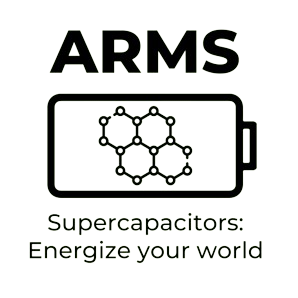Powering tomorrow: the role of supercapacitors in green energy solutions

In a recent interview on the Latvian National Radio program (LR1) "Zināmais nezināmajā" (Known in the Unknown), project ARMS WP1 leader and the head of the Energy Materials Laboratory (Institute of Solid State Physics, University of Latvia), Gints Kučinskis, together with his colleague, Gunārs Bajārs, focused on the challenges associated with lithium batteries, while also addressing the potential of supercapacitors.
With increasing environmental concerns over lithium extraction, which is characterized by excessive water consumption and soil degradation, the need for sustainable energy solutions is not just a future goal, but an urgent necessity. As the demand for lithium faces supply limitations, researchers are actively exploring alternatives like supercapacitors and sodium-ion technology.
Gunārs Bajārs underscored the critical need for diversifying energy sources, particularly in light of the limited lithium availability in Europe and the geopolitical factors impacting supply. His statement, "It’s not that we will need another element tomorrow, but we have to think about it," serves as a reminder of the necessity to explore and invest in alternative energy solutions.
The researchers also discussed advancements in supercapacitors developed in the ARMS project, focusing on using graphene to enhance energy density and sustainability and aiming for high performance while minimizing environmental impact. Such supercapacitors can provide rapid charge and discharge capabilities, making them suitable for renewable energy systems, electric vehicles, and portable electronics applications.
As discussions on the implications of lithium dependency continue, the focus on supercapacitors and sodium-ion technology reflects a commitment to finding sustainable and stable energy alternatives.
"Zināmais nezināmajā" is a popular science radio magazine that delves into various scientific fields, including nature, ecology, and history, while highlighting significant scientific achievements and the contributions of notable researchers, particularly focusing on the accomplishments of Latvian scientists both locally and globally.
